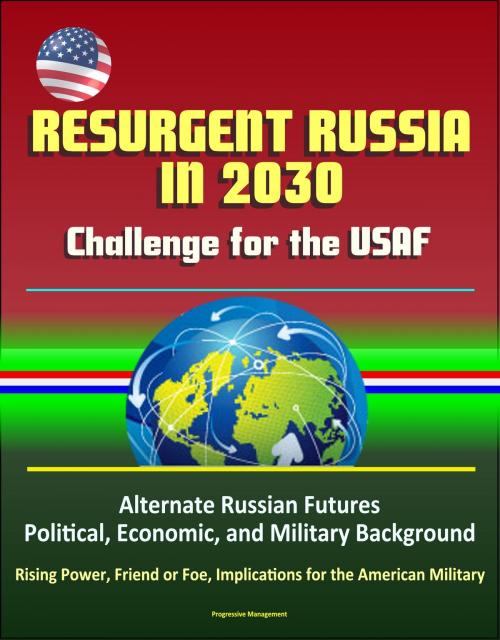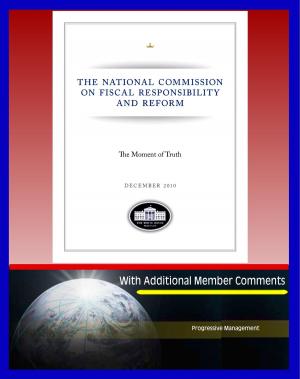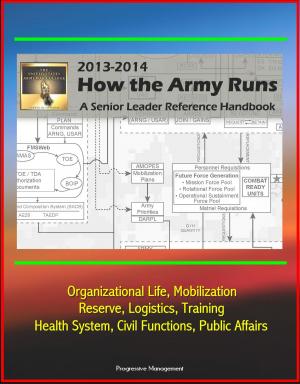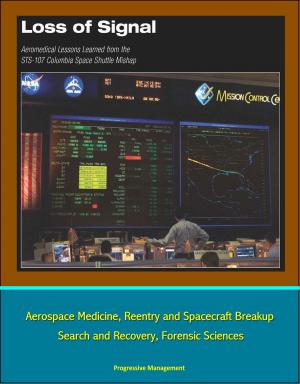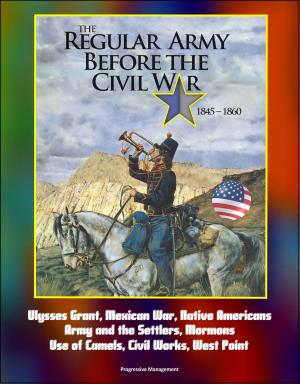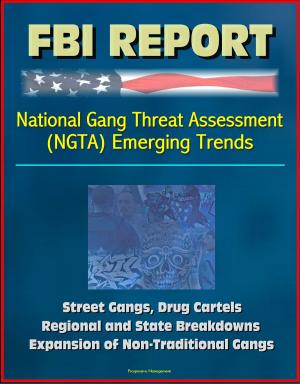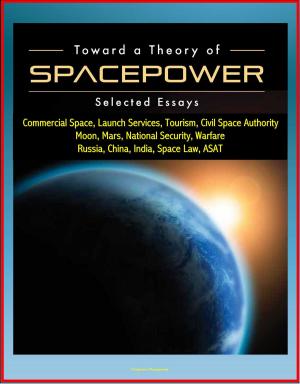Resurgent Russia in 2030: Challenge for the USAF - Alternate Russian Futures, Political, Economic, and Military Background, Rising Power, Friend or Foe, Implications for the American Military
Nonfiction, History, Asian, Russia, Military, Aviation| Author: | Progressive Management | ISBN: | 9781370832880 |
| Publisher: | Progressive Management | Publication: | September 8, 2016 |
| Imprint: | Smashwords Edition | Language: | English |
| Author: | Progressive Management |
| ISBN: | 9781370832880 |
| Publisher: | Progressive Management |
| Publication: | September 8, 2016 |
| Imprint: | Smashwords Edition |
| Language: | English |
This excellent report, professionally converted for accurate flowing-text e-book format reproduction, is concerned with the direction Russia will take over the next 20 years, its growing influence on the world scene, and the particular challenges it will present to the United States by 2030. The determination that Russia will be an adversary is certainly not a foregone conclusion; however, neither is long-term Russo-American friendship a predetermined outcome. "What is certain is that whatever the intentions of Russia, the United States must be prepared to handle the challenges they may present. Further, the typical Department of Defense (DOD) myopia of focusing primarily on the war of the present may be blinding decision makers to the challenges of tomorrow.
Handling these long-term threats will require forethought and planning. Preparing the US military will require innovative planning, which needs to include the introduction of emerging technologies, dynamic systems, and insightful strategies that can meet the full spectrum of challenges presented by a resurgent Russia. The purpose of this monograph is to provide the background information necessary to establish a priority listing of the types of systems and organizations needed to meet this kind of future threat. The results of this study will be combined with other alternate futures to optimize the mix of systems and strategies for the U.S. Air Force of 2030.
Russia has had a turbulent history, and those experiences have had an indelible influence on the nation as it moved from its tsarist past, through the Soviet interregnum, to its brief flirtation with democracy. These traditions and cultural pressures have instilled in the Russian psyche a belief that strives for stability and seeks strong leadership. Furthermore, Russia tends to value stability and its proclivity for strong leadership even when these traits conflict with those democratic ideals that have become mainstays in the West since the time of the Renaissance and the Reformation. After each change in governance, Russia always returns to form, which is now easy to follow in the Putin era. There is a willing consolidation of power in an authoritarian-style government that is leading Russia back onto the world stage. This resurgent Russia will ultimately become a serious competitor to the United States and over the years could well become a threat.
This excellent report, professionally converted for accurate flowing-text e-book format reproduction, is concerned with the direction Russia will take over the next 20 years, its growing influence on the world scene, and the particular challenges it will present to the United States by 2030. The determination that Russia will be an adversary is certainly not a foregone conclusion; however, neither is long-term Russo-American friendship a predetermined outcome. "What is certain is that whatever the intentions of Russia, the United States must be prepared to handle the challenges they may present. Further, the typical Department of Defense (DOD) myopia of focusing primarily on the war of the present may be blinding decision makers to the challenges of tomorrow.
Handling these long-term threats will require forethought and planning. Preparing the US military will require innovative planning, which needs to include the introduction of emerging technologies, dynamic systems, and insightful strategies that can meet the full spectrum of challenges presented by a resurgent Russia. The purpose of this monograph is to provide the background information necessary to establish a priority listing of the types of systems and organizations needed to meet this kind of future threat. The results of this study will be combined with other alternate futures to optimize the mix of systems and strategies for the U.S. Air Force of 2030.
Russia has had a turbulent history, and those experiences have had an indelible influence on the nation as it moved from its tsarist past, through the Soviet interregnum, to its brief flirtation with democracy. These traditions and cultural pressures have instilled in the Russian psyche a belief that strives for stability and seeks strong leadership. Furthermore, Russia tends to value stability and its proclivity for strong leadership even when these traits conflict with those democratic ideals that have become mainstays in the West since the time of the Renaissance and the Reformation. After each change in governance, Russia always returns to form, which is now easy to follow in the Putin era. There is a willing consolidation of power in an authoritarian-style government that is leading Russia back onto the world stage. This resurgent Russia will ultimately become a serious competitor to the United States and over the years could well become a threat.
